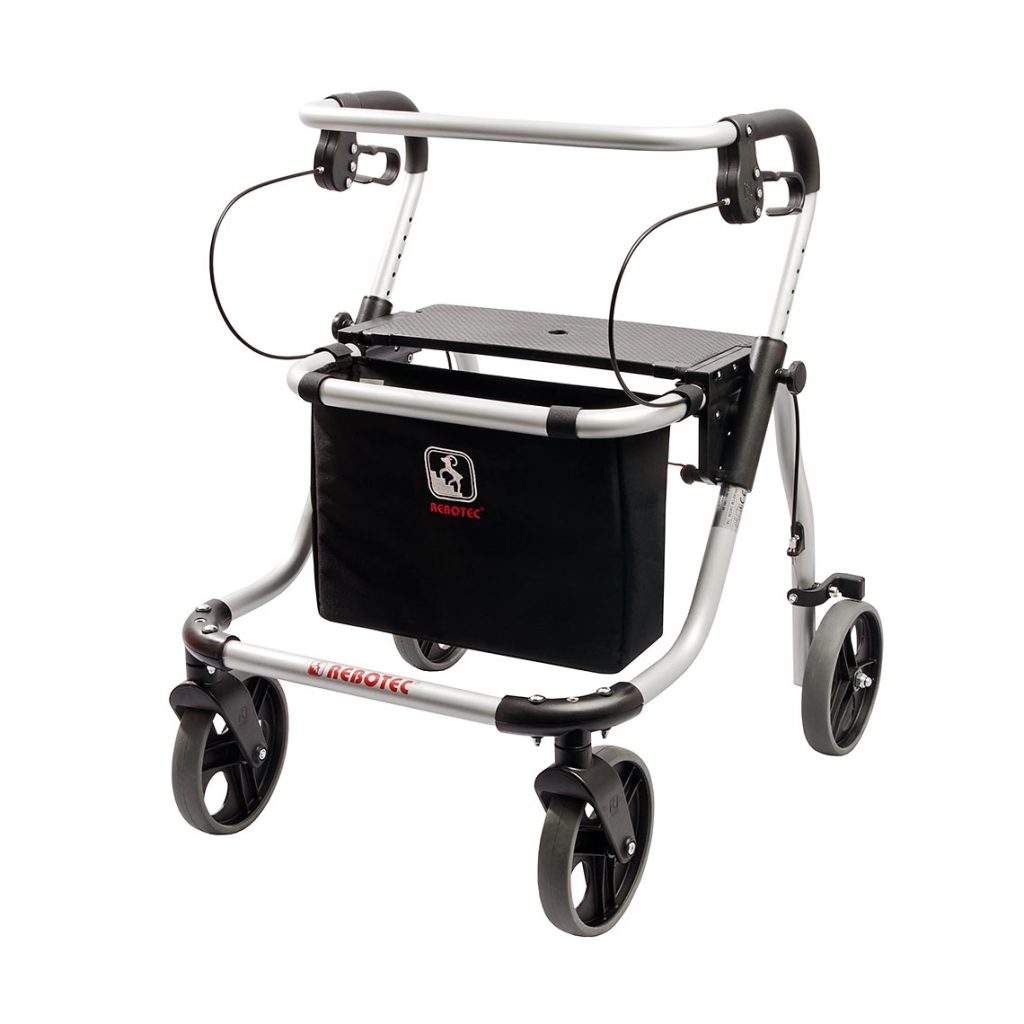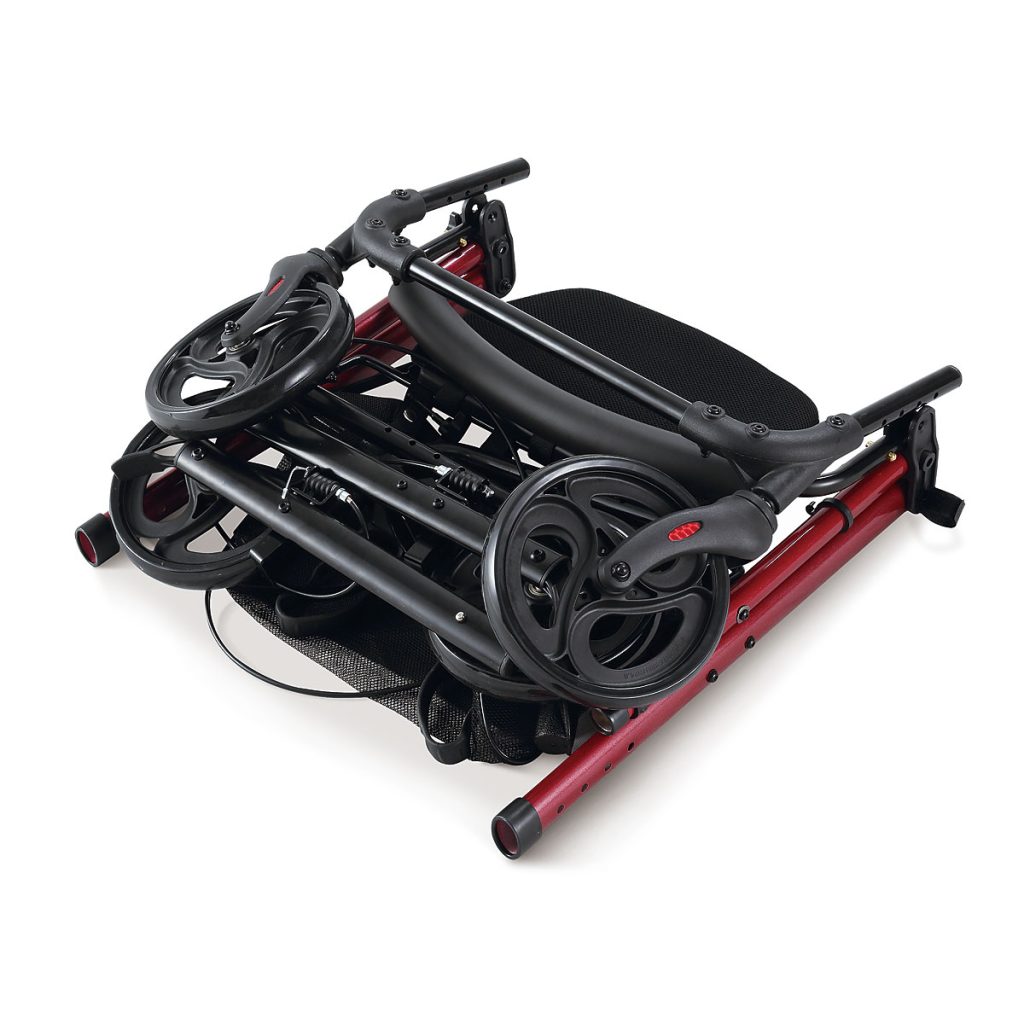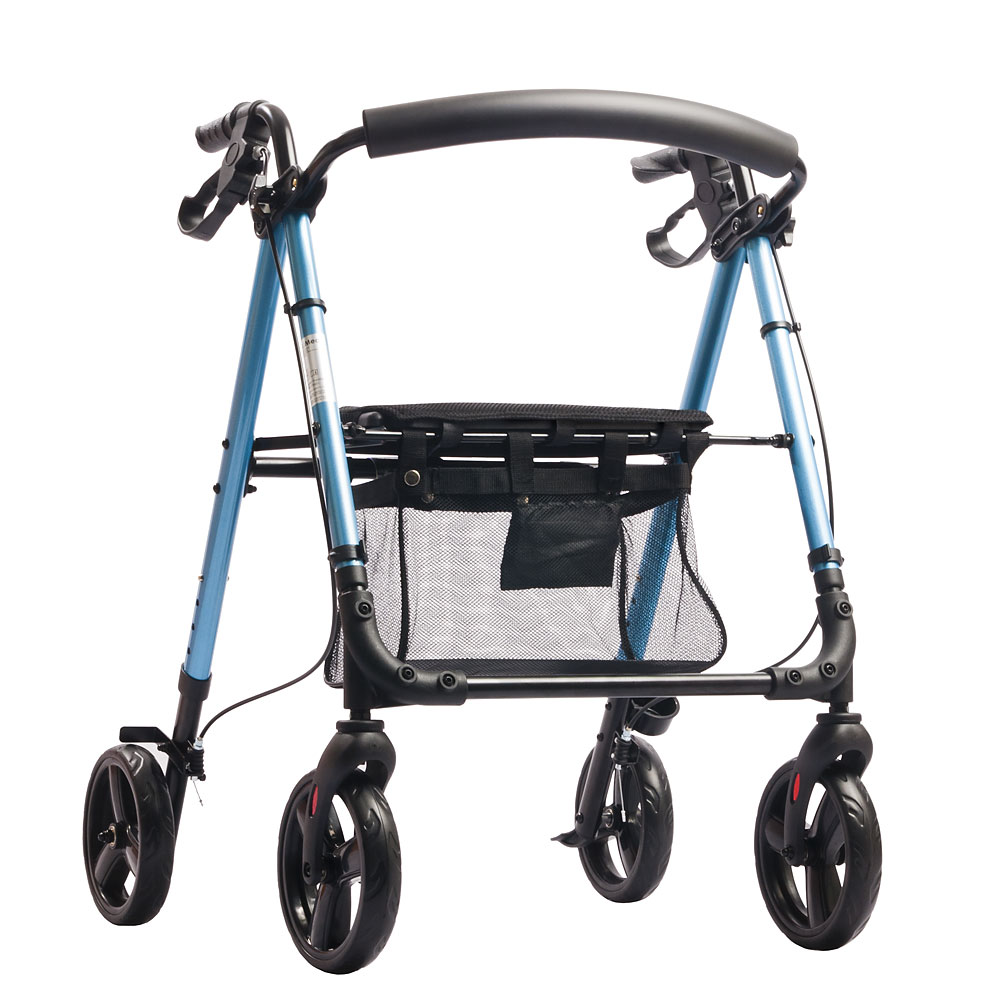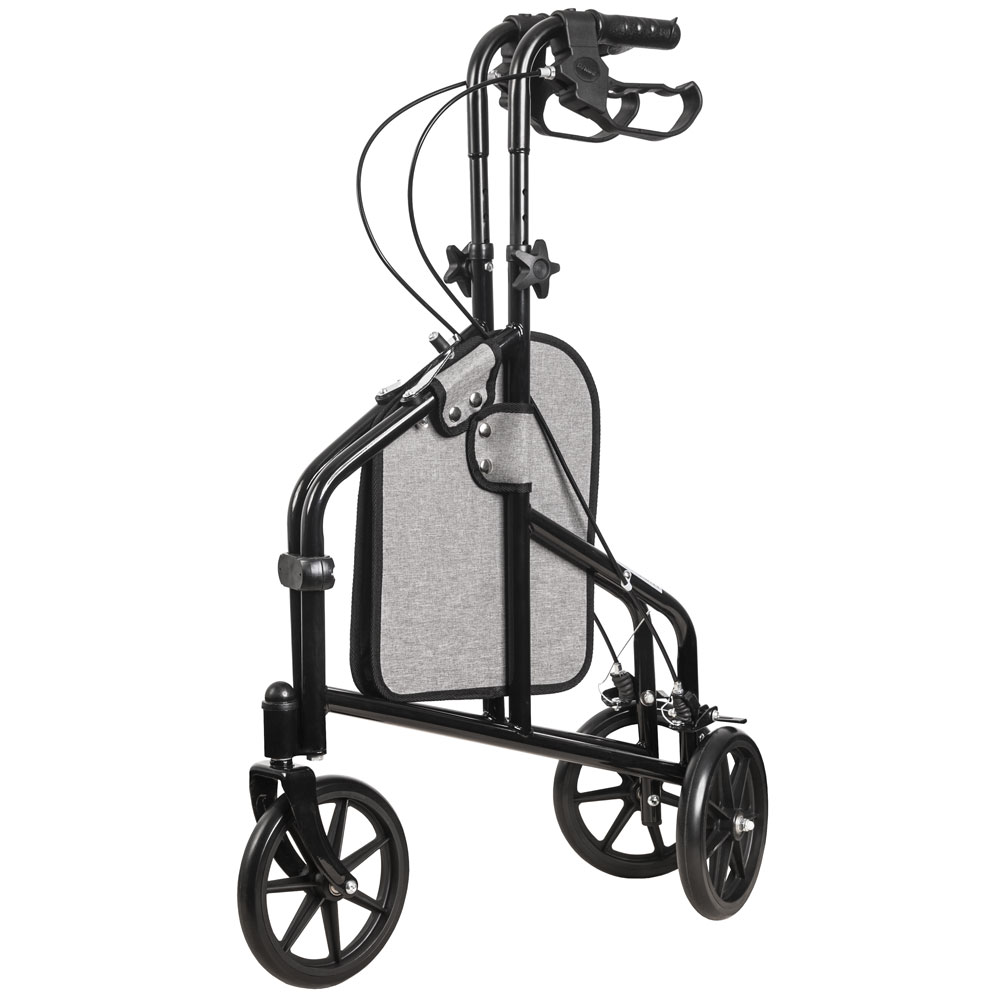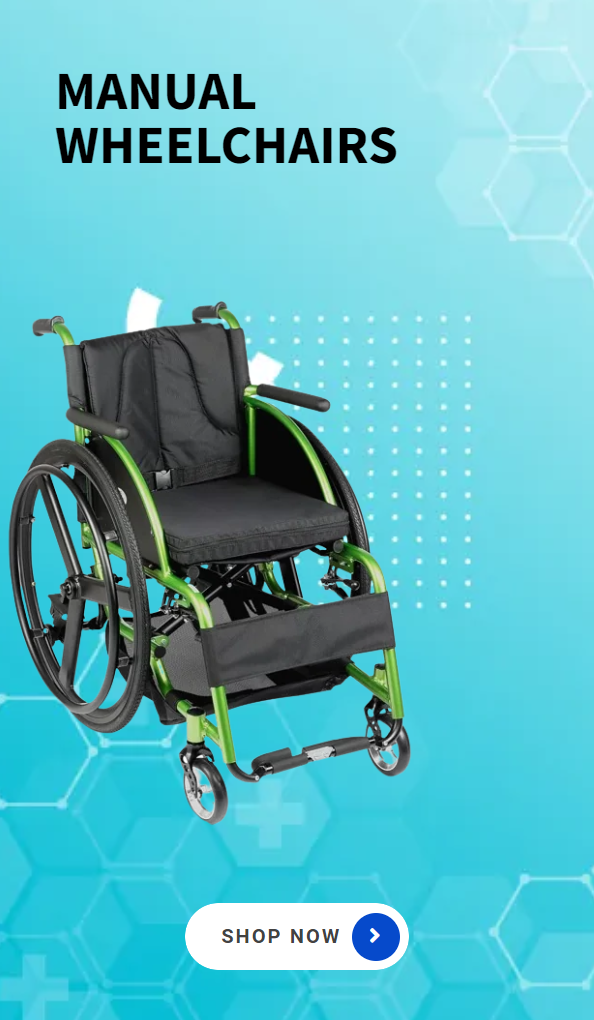Rollator walkers or some call them wheelie walkers are mobility aids designed to provide support and stability for people who have difficulty walking or standing for extended periods. They are equipped with wheels, brakes, and a built-in seat, making them a versatile and practical tool for daily use.
Most Common Types
Three-wheel rollator walker: As the name suggests, this type of rollator walker has three wheels instead of four. It is lightweight, making it an ideal option for people who need a mobility aid for short distances and easy maneuvering.
Four-wheel rollator walker: This is the most common type of rollator walker and comes with four wheels, making it more stable than the three-wheel version. It is suitable for both indoor and outdoor use and is ideal for users who need a mobility aid for long distances.
Heavy-duty rollator walker: This type of rollator walker is designed for users who need extra support due to their weight or mobility issues. It has a wider base, reinforced frame, and larger wheels, making it more durable and stable.
Bariatric rollator walker: Similar to heavy-duty rollator walkers, bariatric rollator walkers are designed for users who need extra support due to their weight. They come with a higher weight capacity, wider seat, and stronger frame to accommodate heavier users.
Folding rollator walker: This type of rollator walker can be easily folded and stored when not in use, making it a convenient option for users who travel frequently or have limited storage space.
Rollator walker with a seat: This type of rollator walker comes with a built-in seat, making it easier for users to take breaks when they need to rest. It is suitable for users who need a mobility aid for long distances or have difficulty standing for extended periods.
Rollator walker with a basket: This type of rollator walker comes with a basket attached to the front or back, providing users with a convenient place to store personal items such as shopping bags or purses.
Rollator walker with handbrakes: This type of rollator walker comes with handbrakes that allow users to control the speed and movement of the walker. It is suitable for users who need extra support and stability while walking.
Pediatric rollator walker: This type of rollator walker is designed for children with mobility issues. It is smaller in size and comes in bright colours to appeal to children.
Rollator walkers come in different types to cater to the specific needs and preferences of users. The most common types include the three-wheel, four-wheel, heavy-duty, bariatric, folding, rollator walker with a seat, rollator walker with a basket, rollator walker with handbrakes, and pediatric rollator walker. When selecting a rollator walker, it’s essential to consider the user’s needs and preferences to ensure that they can use it safely and comfortably.
Who Should & Shouldn’t Use Them
Rollator walkers can be used by people with a range of mobility issues, including those with arthritis, chronic pain, or weakness in the legs or back. They are also suitable for people recovering from surgery or injury, as they provide a stable and secure way to move around while healing.
The benefits of using a rollator walker are numerous. They provide enhanced mobility, improved balance, increased independence, and reduced fatigue. Rollator walkers can also be customized to fit the user’s needs, with adjustable handles and seats to accommodate users of different sizes. They are safe to use, with brakes that can be locked to prevent the walker from rolling away, and some models come with built-in lights and reflectors for increased visibility.
Rollator walkers are versatile and can be used both indoors and outdoors. Some models come with features such as baskets and trays for carrying items, making them a practical tool for running errands or shopping. They are also affordable compared to other mobility aids, making them an accessible option for many people.
It’s important to note that rollator walkers are not suitable for everyone. People with severe balance or coordination issues may require a different type of mobility aid, such as a walker with a wider base for increased stability. Those who have trouble lifting the walker or need extra support may benefit from a different type of mobility aid, such as a wheelchair.
When selecting a rollator walker, it’s essential to consider the user’s needs and preferences. The height of the handles should be adjustable to fit the user comfortably, and the seat should be sturdy and easy to access. The wheels should be the appropriate size for the user’s intended use, and the brakes should be easy to operate.
10 Benefits of Using Rollator Walkers
- Enhanced Mobility: Rollator walkers provide support and stability to people who have difficulty walking or standing for long periods. The wheels and brakes make it easier for users to move around with less effort.
- Improved Balance: Rollator walkers provide a stable base of support, which helps users maintain their balance while walking. This reduces the risk of falls and injuries.
- Increased Independence: With a rollator walker, users can perform daily tasks independently without relying on others for support.
- Reduced Fatigue: Rollator walkers help users conserve energy and reduce fatigue by providing a place to rest when needed. The built-in seat allows users to take breaks and rest when they feel tired.
- Customizable Features: Rollator walkers come with customizable features, such as adjustable handles and seats, to accommodate users of different heights and sizes.
- Increased Safety: Rollator walkers are designed with safety in mind. They come with brakes that can be locked to prevent the walker from rolling away, and some models come with built-in lights and reflectors for increased visibility.
- Improved Posture: Rollator walkers promote proper posture by providing support and encouraging users to stand up straight while walking.
- Portable: Rollator walkers are lightweight and foldable, making them easy to transport and store when not in use.
- Affordable: Rollator walkers are relatively inexpensive compared to other mobility aids, making them a cost-effective option for many people.
- Versatile: Rollator walkers can be used indoors or outdoors, and some models come with features such as baskets and trays for carrying items.
In summary, rollator walkers are mobility aids designed to provide support and stability for people with mobility issues. They are equipped with wheels, brakes, and a built-in seat, making them a versatile and practical tool for daily use. Rollator walkers provide enhanced mobility, improved balance, increased independence, and reduced fatigue. They are suitable for people recovering from surgery or injury, as well as those with chronic conditions such as arthritis or weakness in the legs or back. When selecting a rollator walker, it’s essential to consider the user’s needs and preferences to ensure that they can use it safely and comfortably.
Sources and further reading
- Mayo Clinic – General information on mobility aids, which includes rollator walkers. URL: https://www.mayoclinic.org/healthy-lifestyle/healthy-aging/multimedia/walking-aids/sls-20076469
- WebMD – Information on different types of walkers and their uses. URL: https://www.webmd.com/osteoarthritis/features/walkers-aids#1
- AARP – Articles on aging and mobility aids. URL: https://www.aarp.org/health/healthy-living/info-2017/walkers-mobility-aids-fd.html
- National Institute on Aging – Information on maintaining mobility and preventing falls. URL: https://www.nia.nih.gov/health/maintaining-mobility-and-preventing-falls
- Arthritis Foundation – Information on managing mobility issues related to arthritis, which often involves using aids like rollator walkers. URL: https://www.arthritis.org/health-wellness/treatment/complementary-therapies/physical-therapies/devices-that-can-help-you
- American Academy of Orthopaedic Surgeons – Information on walking aids. URL: https://orthoinfo.aaos.org/en/staying-healthy/a-guide-to-safety-for-young-athletes/
- Healthline – Articles on the benefits and uses of rollator walkers. URL: https://www.healthline.com/health/mobility-aids
-
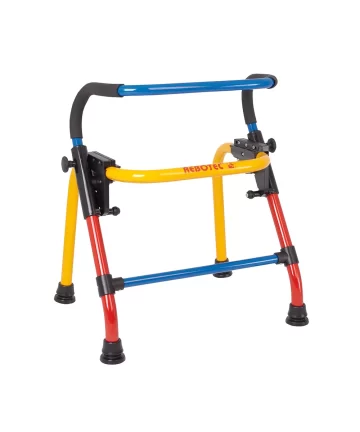 Walk-On – Child Walking Frame
Walk-On – Child Walking Frame -
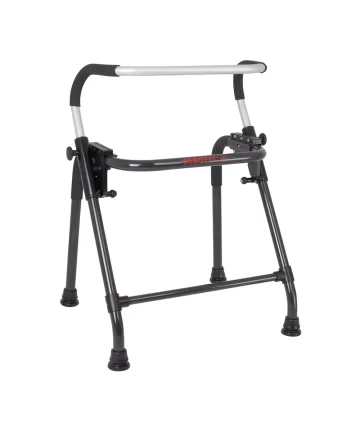 Walk-On – Zimmer Frame
Walk-On – Zimmer Frame -
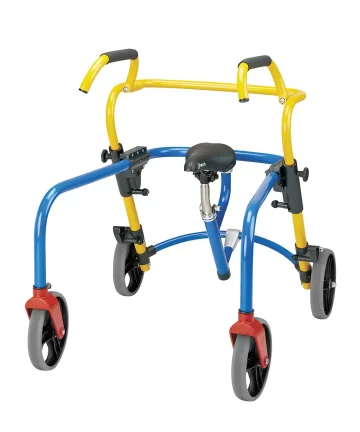 Pluto – Child Reverse Walker by Rebotec
Pluto – Child Reverse Walker by Rebotec -
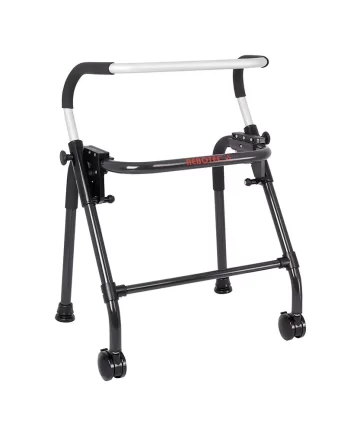 Walk-On With Rollers – Walking Frame By Rebotec
Walk-On With Rollers – Walking Frame By Rebotec -
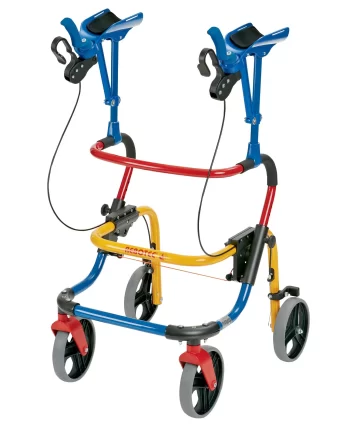 Anterior Forearm Walker for Kids
Anterior Forearm Walker for Kids -
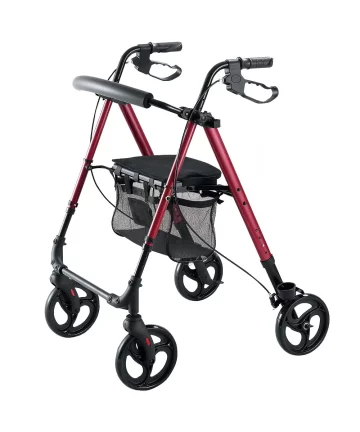 Lightweight Rollator Walker$199.00 incl. gst
Lightweight Rollator Walker$199.00 incl. gst -
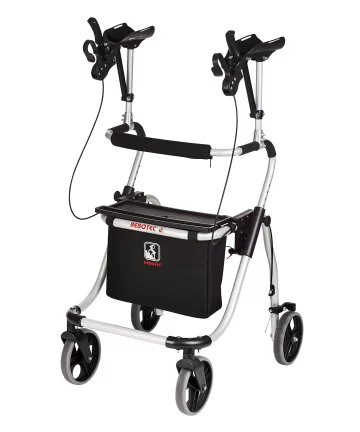 Polo YANO – Forearm Platform Walker
Polo YANO – Forearm Platform Walker -
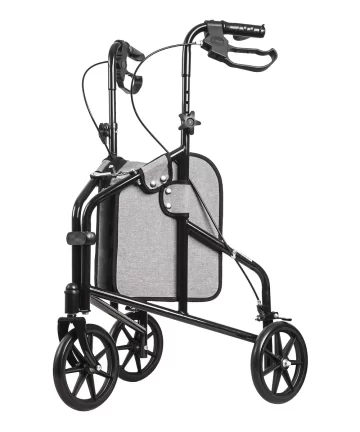 3 Wheel Walker Rollator$187.99 incl. gst
3 Wheel Walker Rollator$187.99 incl. gst -
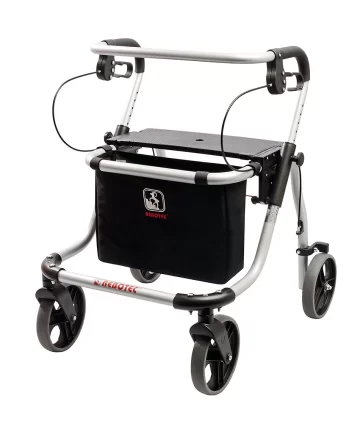 Polo Plus-T – Euro Rollator Walker
Polo Plus-T – Euro Rollator Walker -
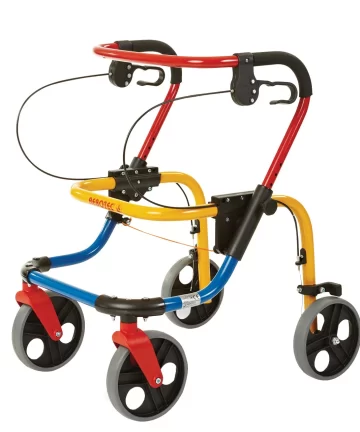 Child Walker Rollator
Child Walker Rollator -
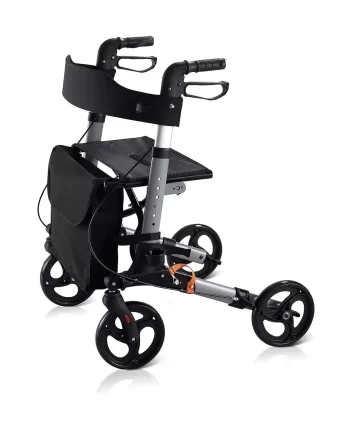 Rollator Walker With 4 Wheels – Aluminium rollator walker walker, easy fold for car boot and storage. With bag and flex seat.$290.00 incl. gst
Rollator Walker With 4 Wheels – Aluminium rollator walker walker, easy fold for car boot and storage. With bag and flex seat.$290.00 incl. gst




